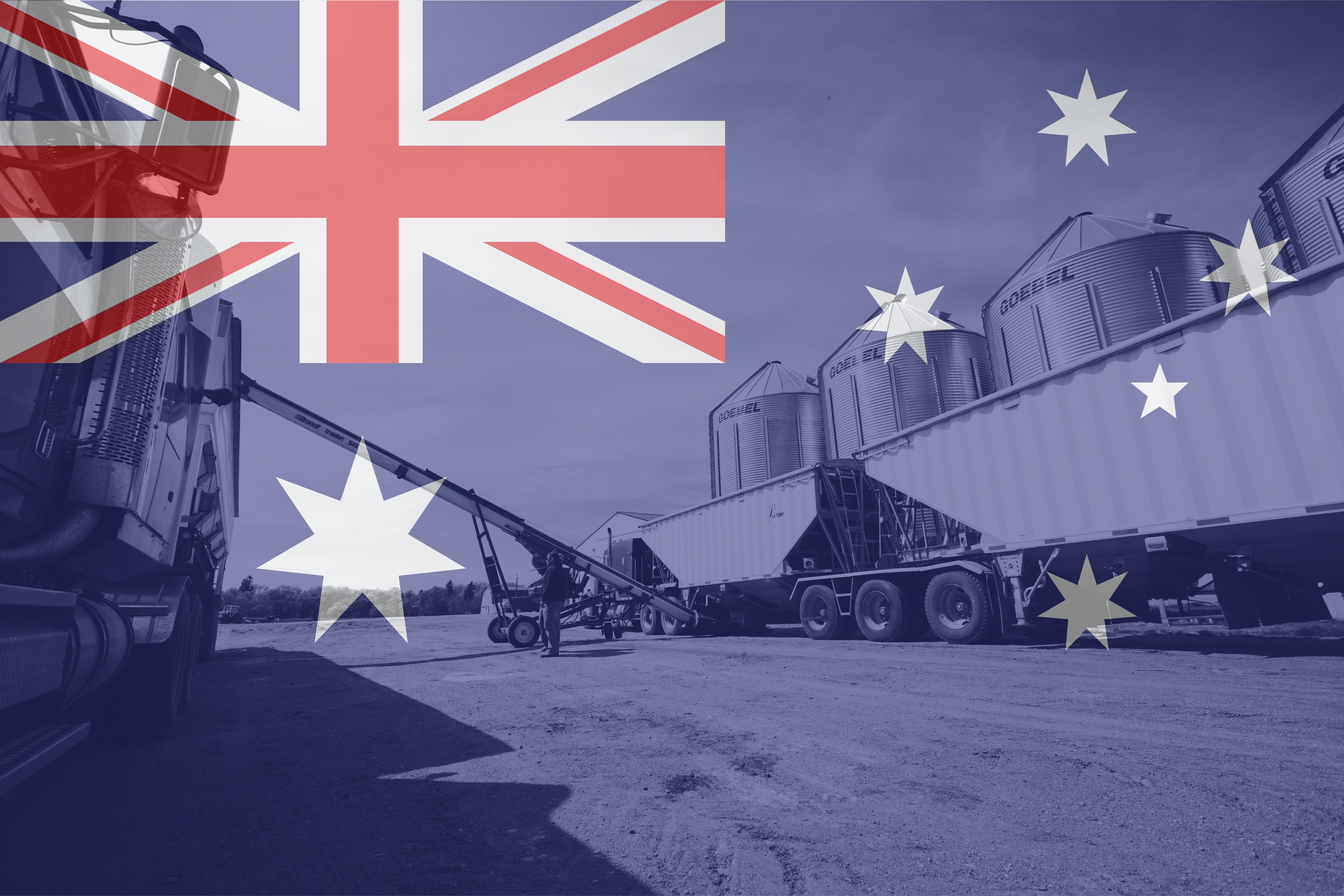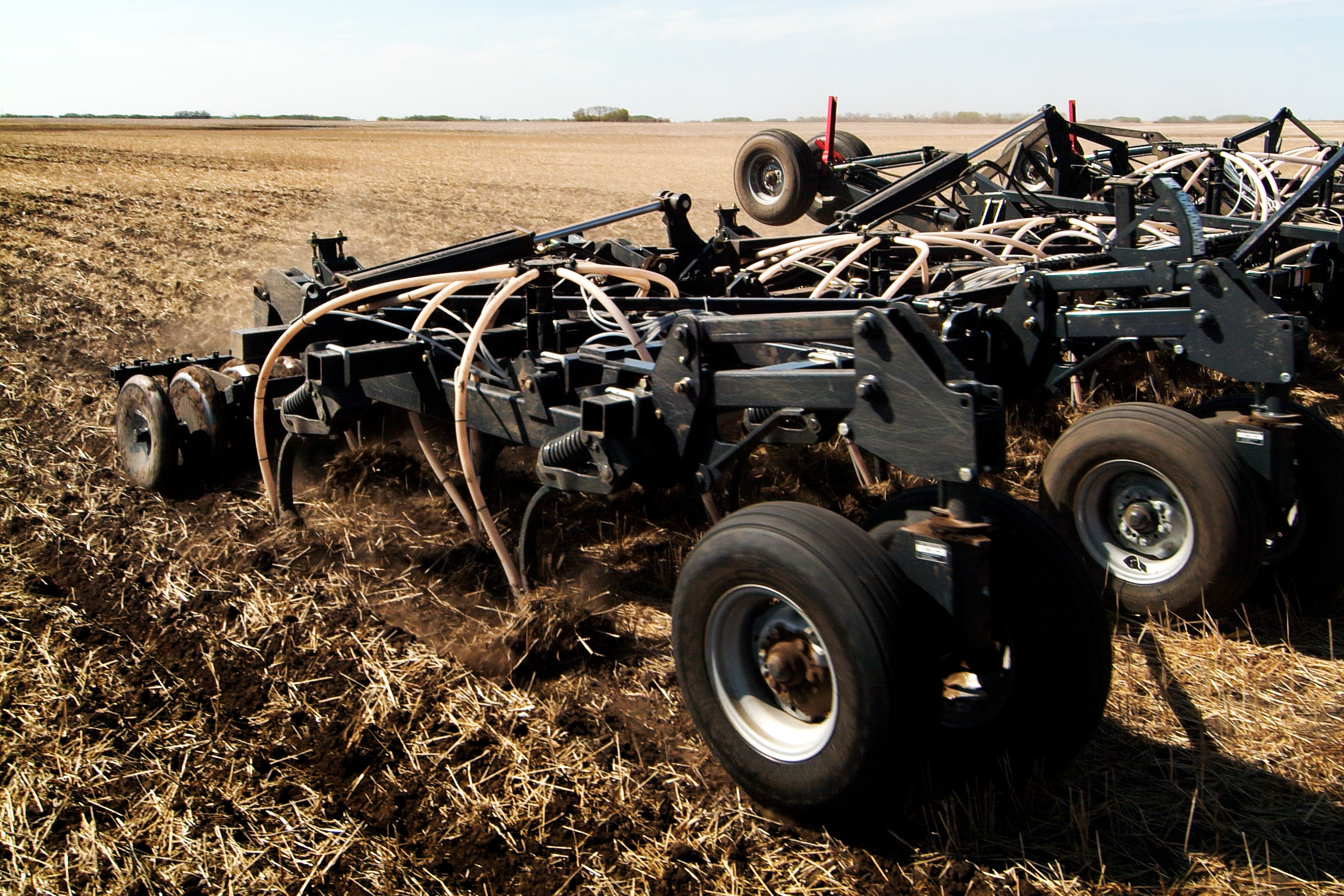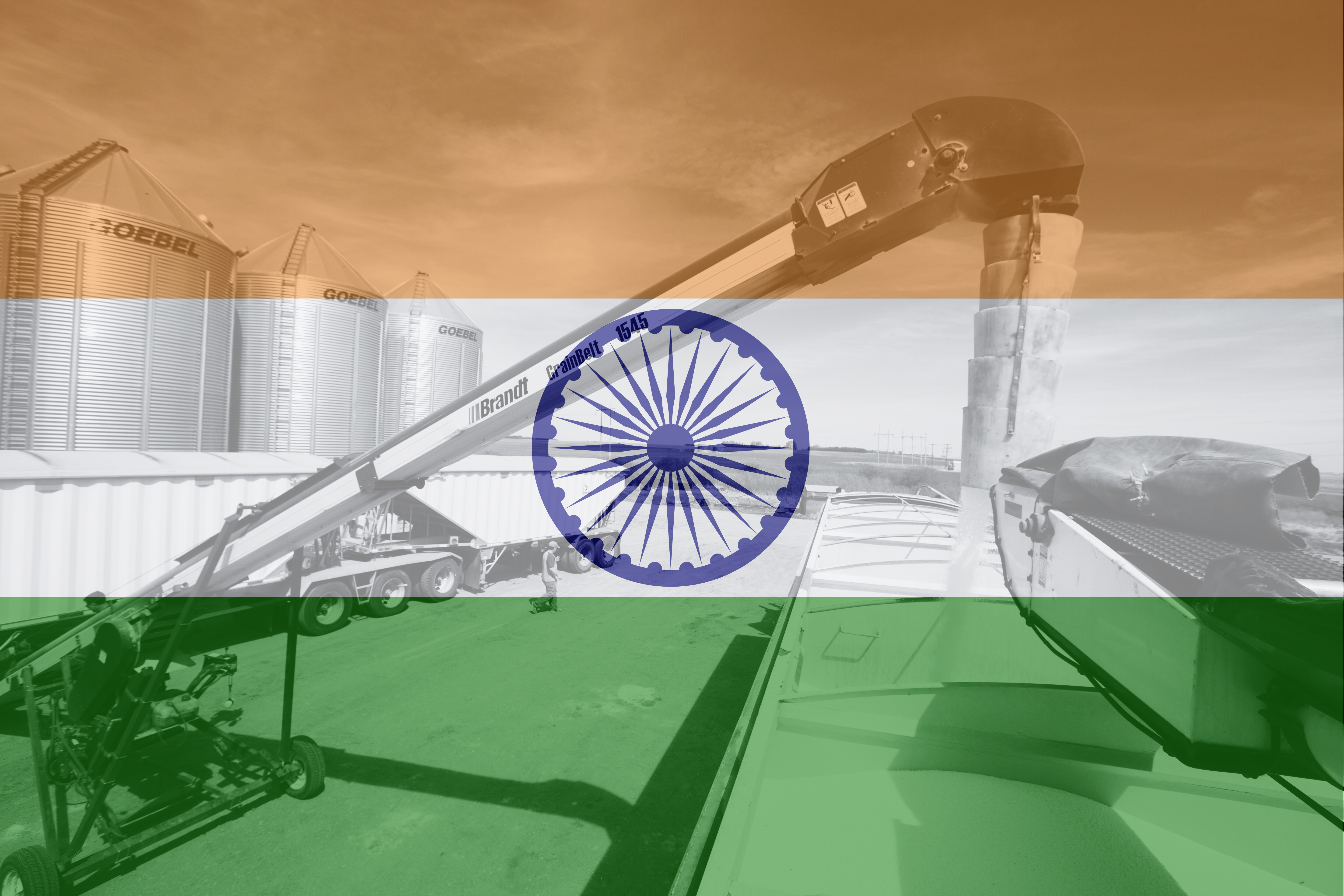By Peter Semmler, Agrisemm Global Brokerage
June 2020
After the tribulations endured by rural Australia in the last nine months with bushfires and now COVID-19, it is pleasing to report that in a number of the Australian states the season has opened very well.
Western Australia
The break to the season came later than normal and some areas are still needing rain to consolidate the situation.
South Australia
After a dry finish to last year’s harvest which impacted both quality and yield, the opening to 2020 season has been good. Apart from the South East where planting is on hold due to too much rain, most farmers have completed seeding.
Victoria
Victoria is experiencing a similar situation to South Australia. The effect of the dry finish in 2019 on production was underestimated to some degree. There have been very good rains this year and the season is off to a great start.
New South Wales
Some areas of northern and western NSW have been drought declared for up to four years. Thankfully there have been excellent rains over most of the cropping country this year, prompting a major increase in the area planted to pulses like faba beans, chickpeas, and albus lupins. Germination and emergence have been good, and farmers have been quite active in forward selling.
Queensland
Last year was very dry with consequent impacts on pulse production. In early 2020 there were good rains in central and southern Queensland sufficient for approximately 70,000 hectares of mung beans to be planted. However, more rain is needed now for the crops already planted and so farmers can finish seeding.
Comments on Production Estimates
Desi Chickpeas
Prices have softened in the last two months to around $550 USD cost and freight (CFR) in May. Considering the absence of Indian buying, the main support has been from Bangladesh and Pakistan. While the area of Desis planted in New South Wales is realistic, for Queensland, traditionally the largest producer, it will be another four to six weeks until the final planted area will be known. Rain is needed badly in much of the traditional growing area for seeding to restart. There is about six weeks remaining in the “planting window”. Farmers will at some stage have to decide between wheat and chickpeas. The former will provide cover (stubble) which is badly needed due to the effect of the drought.
Faba Beans
As the season progressed demand from Egypt started to soften to around $500 USD CFR. COVID-19 started to impact as restaurants and fast food vendors were shut down, thereby reducing the demand for faba beans. Interestingly there was serious interest for new crop Australian faba beans around the end of April with sales reported around $435 USD CFR Damietta for October/November shipment. This was no accident as the Australian dollar had tanked and NSW farmers who were well into planting were keen to lay off some area with forward selling. Conditions have been ideal for faba beans in northern NSW this season as can be seen in the table.
The Egypt market is now quiet as merchants report Ramadan sales are down from normal levels. Based on a conservative yield we expect production of around 357,000 tonnes this year.
Lentils
The market for lentils has remained quite firm during the year and is certainly assisted by the return of Indian buying. As foreshadowed in the last report there has been a lot of stored lentils being released by farmers as prices rose. Exports from October 1 2019 to March 31 2020 were just over 410,000 tonnes which is significantly higher that normal. Farmers are quite comfortable with lentils and we expect planted area to be 10-15% higher in South Australia and Victoria. A small part of this increase may be the result of China imposing an 80% tariff on Australian malting barley. It would seem that most farmers were too far into their seeding program to substitute much of their barley with lentils.
In conclusion three states have had a good start to the 2020 season and are fairly upbeat for a good outcome. However, rain is badly needed in the other states to improve their outlook and production for this year.
Peter Semmler is the Principal of Agrisemm Global Brokerage. He can be reached at peter@agrisemm.com.


